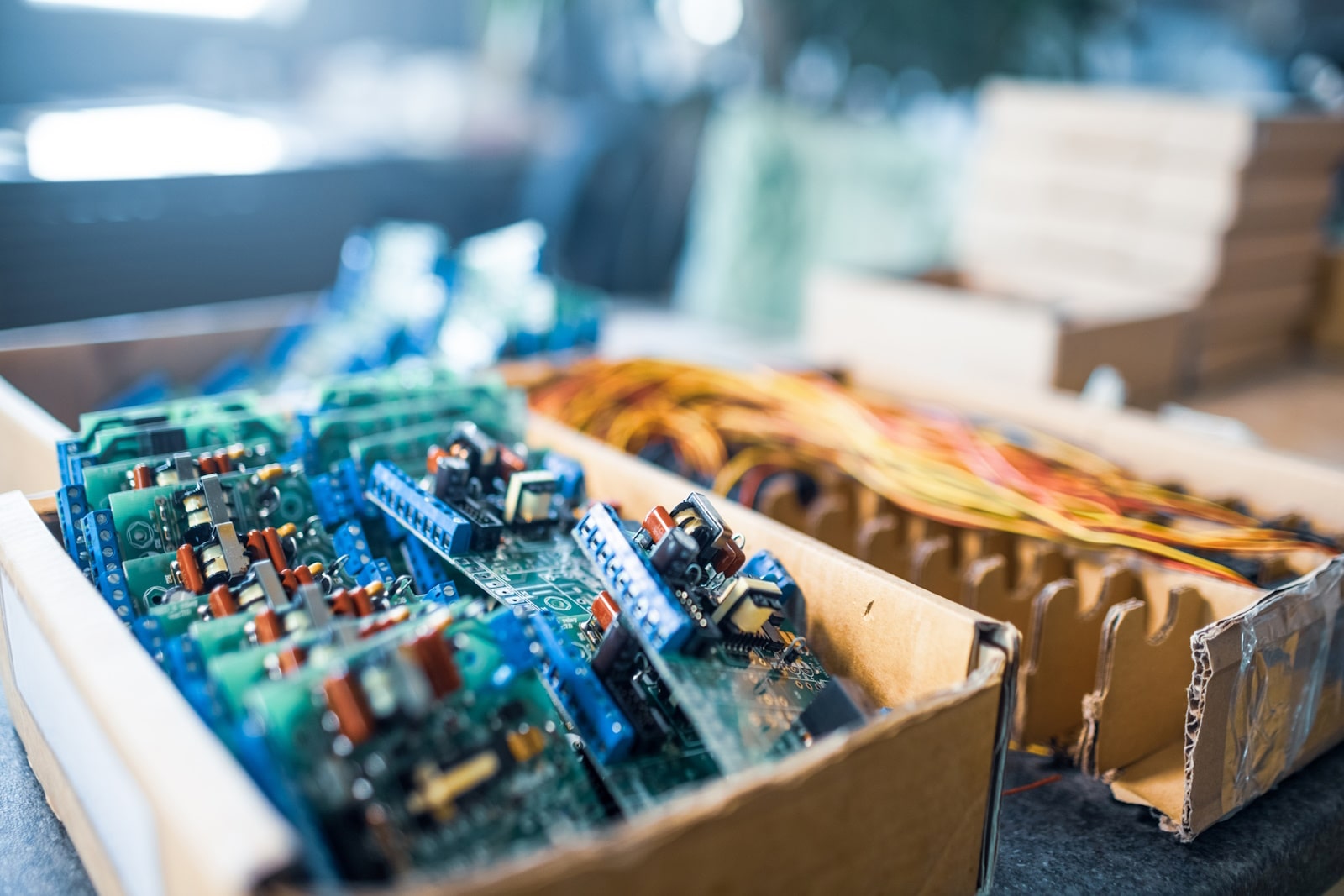Waste Management Companies in Johannesburg: E-Waste
Electronic waste (e-waste) is the fastest-growing waste stream globally, and Johannesburg, as South Africa’s economic hub, is at the forefront of this escalating issue. With the city’s rapid technological advancement and high consumption of electronic devices, effective e-waste management has become imperative. This blog delves into the challenges and solutions associated with e-waste in Johannesburg, highlighting the role of waste management companies in Johannesburg and the importance of collaborative efforts.
Types of E-Waste Commonly Found in Johannesburg
Johannesburg generates a significant portion of South Africa’s e-waste, with Gauteng province accounting for approximately 55% of the national total. Common e-waste items include:
- Consumer Electronics: Mobile phones, laptops, tablets, and televisions.
- Household Appliances: Refrigerators, microwaves, and washing machines.
- Office Equipment: Printers, copiers, and fax machines.
- Lighting Equipment: Fluorescent tubes and LED bulbs.
- Batteries: Rechargeable and single-use batteries.
These items often contain hazardous substances like lead, mercury, and cadmium, which pose serious environmental and health risks if not properly managed.
Health and Environmental Risks of Improper E-Waste Disposal
Improper disposal of e-waste can lead to the release of toxic substances into the environment, contaminating soil, water, and air. Exposure to these toxins can cause severe health issues, including neurological damage and respiratory problems. Vulnerable populations, especially those living near informal dumping sites, are at heightened risk. The environmental impact includes harm to wildlife and disruption of ecosystems, emphasising the need for responsible e-waste management.
Challenges Faced by Waste Management Companies in Johannesburg
Despite these efforts, waste management companies in Johannesburg face several challenges:
- Low Public Awareness: Many residents are unaware of the proper methods for disposing of e-waste, leading to improper disposal practices.
- Informal Dumping: The prevalence of informal dumping sites complicates the collection and recycling process.
- Limited Recycling Technology: A lack of advanced recycling facilities hampers the efficient processing of e-waste.
- Integration of Informal Sector: Informal waste pickers play a significant role in e-waste collection but often operate outside formal systems, leading to inefficiencies and health risks.
Addressing these challenges requires a multifaceted approach, including public education, technological investment, and policy reform.
Government Regulations and Compliance Requirements
South Africa’s National Environmental Management: Waste Act (NEMWA) has been instrumental in shaping e-waste management policies. The Extended Producer Responsibility (EPR) regulations, updated in November 2024, mandate that producers are responsible for the entire lifecycle of their products, including end-of-life disposal. Non-compliance can result in substantial fines or imprisonment, underscoring the seriousness of these regulations.
Innovative Technologies in E-Waste Recycling
Advancements in recycling technologies are enhancing the efficiency of e-waste processing. For instance, innovative methods allow for the recovery of valuable materials like copper, silver, and gold from electronic devices. These technologies not only reduce environmental impact but also create economic opportunities by supplying raw materials for manufacturing.
Public Awareness and Education Campaigns
Public education is crucial for effective e-waste management. Campaigns like “Rethink E-waste,” launched by AST Recycling in collaboration with Miss Earth South Africa, aim to inform residents about responsible disposal practices. Additionally, events like Global Recycling Day, observed annually on March 18, provide platforms for community engagement and education on recycling’s importance.
Partnerships Between Private Sector and Government
Collaborations between the private sector and government entities are vital for improving e-waste management. Initiatives like the partnership between Pikitup and e-WASA have led to the establishment of e-waste recycling programs in areas such as Dobsonville, Soweto. These partnerships facilitate resource sharing, infrastructure development, and community outreach, enhancing the overall effectiveness of waste management strategies.
Future Outlook: Sustainable E-Waste Management Practices
Looking ahead, Johannesburg aims to adopt sustainable e-waste management practices by:
- Promoting a Circular Economy: Encouraging the design of products for longevity and recyclability.
- Investing in Technology: Developing advanced recycling facilities to handle increasing e-waste volumes.
- Enhancing Policy Frameworks: Strengthening regulations to ensure compliance and environmental protection.
- Community Engagement: Fostering public participation through education and inclusion of informal workers.
By embracing these strategies, Johannesburg can mitigate the environmental and health impacts of e-waste, setting a precedent for sustainable urban waste management.
Effective e-waste management in Johannesburg requires a collaborative approach involving government entities, waste management companies in Johannesburg, the private sector, and the community. Addressing the challenges of improper disposal, technological limitations, and informal sector integration is essential for creating a sustainable and healthy environment.
At A-Thermal, we are committed to providing comprehensive e-waste management solutions tailored to Johannesburg’s unique needs. Our services ensure compliance with national regulations and promote environmental sustainability. Contact us today to learn how we can assist you in managing your electronic waste responsibly.







